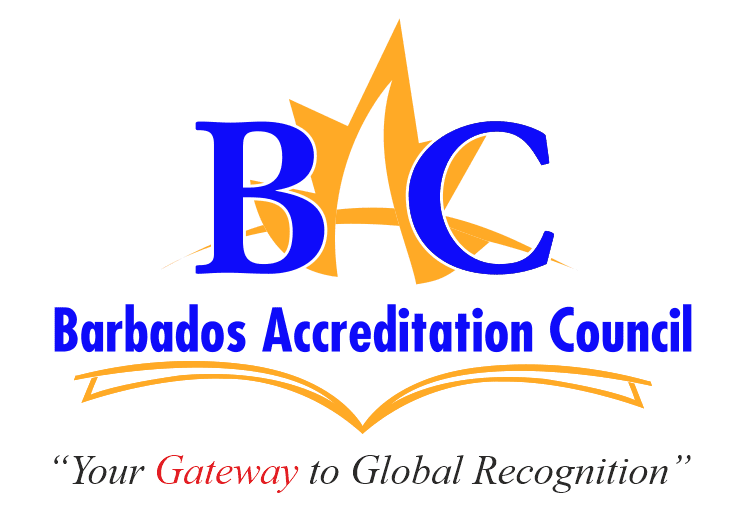This month has been one of significance and reflection for countries across the region. The month of July is the anniversary month for the 48th anniversary of the signing of the Treaty of Chaguaramas in Trinidad and Tobago in 1973. It was signed by Guyana, Jamaica, Trinidad and Tobago, and Barbados to include the Caribbean Single Market and Economy, which was then revised on July 5, 2001. This implementation of the Treaty of Chaguaramas was made to bring regional counterparts closer together, improving our economic development and international competitiveness.
Through a constructive lens, major strides have been made in regional integration. As set out by Article 6 of the Revised Treaty, there has been collaborative participation of organizations such as the Caribbean Tourism Organisation (CTO), the University of the West Indies (UWI), Caribbean Development Bank (CDB), Caribbean Public Health Agency (CARPHA), Caribbean Examination Council (CXC) and more. However, one may identify areas for improvement on topics such as regional travel, our collective response to crises, taxes and more.
Regional integration has faced criticism for not moving as quickly as it can; however, if the pandemic has done anything to the consensus, it has presented a new sense of urgency for integration, indicating that CARICOM leaders must move with alacrity, and thankfully, they are doing so. Recently, CARICOM leaders who are members of the Prime Ministerial Sub-Committee on the CARICOM Single Market and Economy (CSME) discussed the proposal of a significant decrease in air transport taxes to incentivize regional travel. This proposal will prove to be of considerable value to the free movement of people, by increasing access to new opportunities.
The Barbados Accreditation Council has played its role in facilitating the free movement of CARICOM Nationals since 2006 by granting and verifying Certificates of Recognition of CARICOM Skills Qualification (also known as CSME Skills Certificates) to CARICOM Nationals. With this document, barriers to entry to other qualifying CARICOM Member States are reduced, by allowing persons to access available opportunities for employment without a work permit; to live in these countries, as stated under the Treaty; and allow dependent family members to move with them, for a more fitting quality of life (According to the Caribbean Community (Movement of Skilled Nationals) Act 2004).
This document may grant CARICOM Nationals the ability to access upward mobility, as they can pursue these opportunities that are now within reach. In a 2019 presentation, Barbados Ambassador to CARICOM David Comissiong noted, “Altogether, CARICOM is 70-times the size of Barbados with a collective economy 17-times that of this island [Barbados].” He went on to encourage persons to look beyond their shores, and not be limited to one country for prosperity.
The Council’s commitment to ensuring that as many eligible persons across the region can receive access to the CSME Skills Certificate is evident, as we allow all 12 categories of eligibility for Skilled Nationals. We are hopeful that our regional counterparts that have not yet done so will do the same. These categories are: Graduates from all recognized universities in the world, Artistes, Musicians, Sportspersons, Media Persons, Teachers, Professional Nurses, Artisans, Holders of Associate Degrees and comparable qualifications, Household Domestics, Security Guards and Agricultural Workers.
Many persons share similar sentiments to Prime Minister Mottley as we look to the future of regional integration. I too am hopeful for the future, foreseeing further unification, and ensuring that the BAC will continue to play its part.
Marcus Myers
Information Officer
